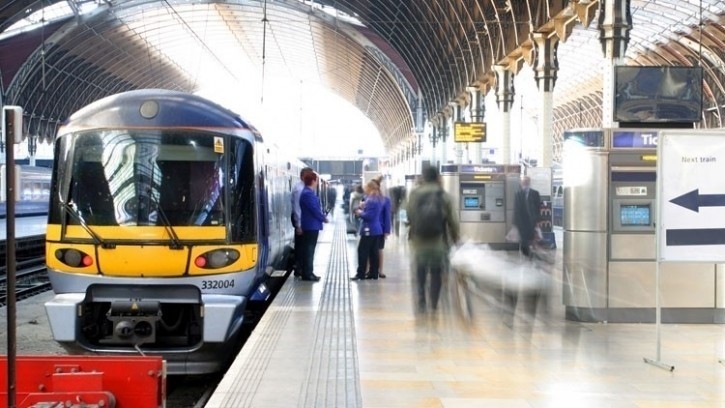Relief as RMT votes to end rail strikes but hospitality ‘not out of the woods’

However, trade body UKHospitality has warned that the sector is ‘not out of the woods yet’, with train drivers from the Aslef union still set to walkout over a series of days early next month.
Members of the RMT union agreed to an offer from 14 train companies, which included a backdated pay rise of 5% for 2022-23 as well as job security guarantees.
It means that RMT members will no longer be involved in industrial action until at least the spring of next year.
“Hospitality businesses will be breathing a sigh of relief that the critical festive period will be protected from strikes from RMT members,” says Kate Nicholls, chief executive of UKHospitality.
“Businesses, workers and the public now have a degree of certainty when it comes to their Christmas plans.”
Aslef confirmed earlier this month that it would stage a ‘rolling programme’ of walkouts between 2 and 8 December as part of a long-running row with train companies related to pay and working conditions.
Drivers will also refuse to work any overtime from 1 to 9 December.
The ongoing industrial action on the railways, which started in June last year, has had a major impact on the hospitality sector, with UKHospitality previously estimating that the strikes have so far cost the sector in the region £3.5bn.
Nicholls says the latest action by Aslef is expected to cost the sector a further half a billion in lost sales, bringing the total impact of the disruption to over £4bn.
“I would urge Aslef to follow the lead of the RMT and commit to holding no further strikes in December and the New Year,” she continues.
“Any further strikes would decimate the essential Christmas trading period for businesses, prevent millions from working and interrupt families’ festive plans.
“It’s critical that all parties still involved in pay disputes continue to negotiate and reach a resolution as soon as possible to avoid further, damaging strikes.”






















